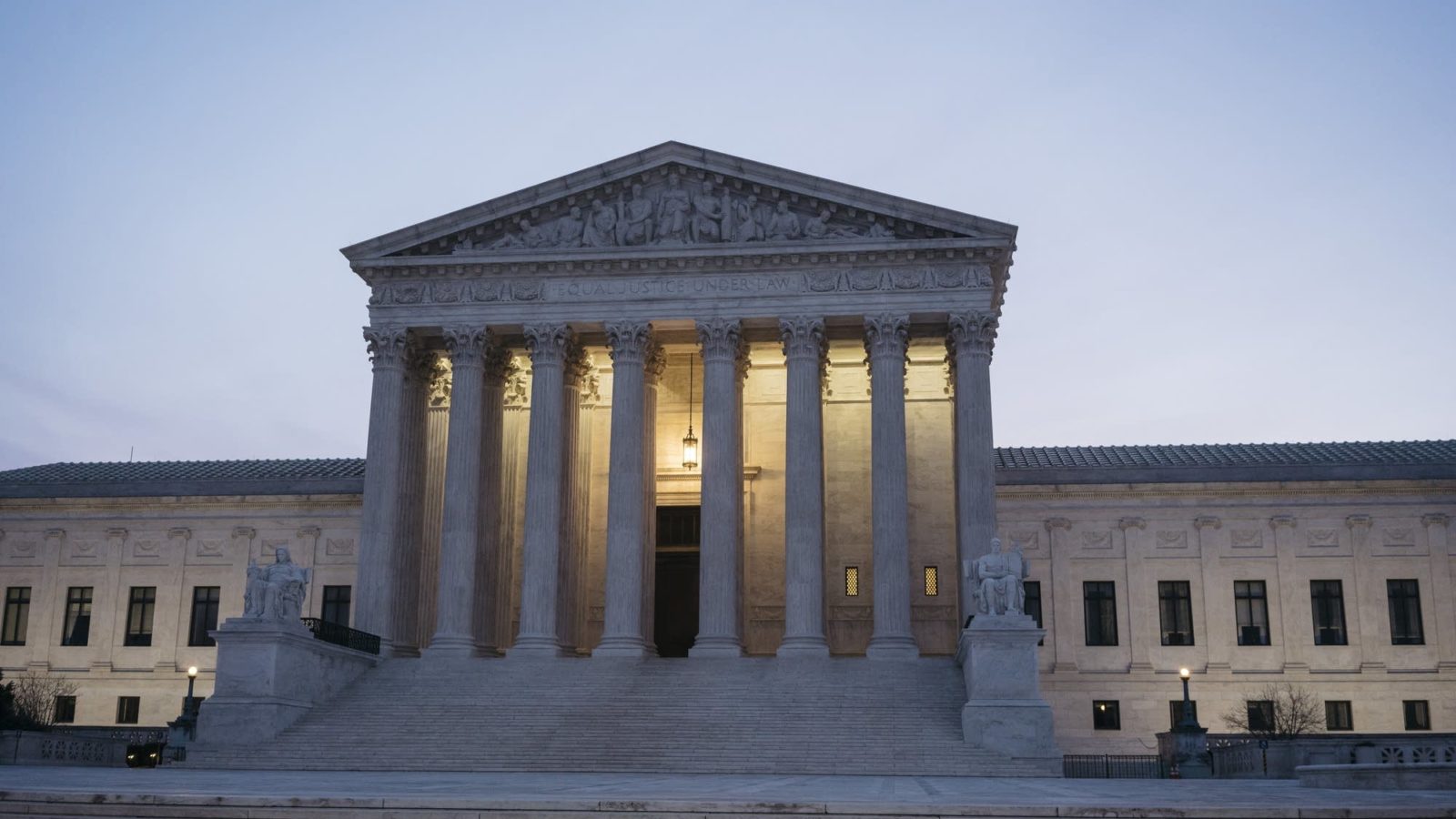As a US immigration attorney with decades of experience helping victims of crimes obtain legal status, I am intimately familiar with the U visa process and its evolution over the past 17 years. Below I share 10 important things about the current U visa process for crime victims. But first, a brief introduction.
Victims of a qualifying crime who suffered substantial harm and were helpful to law enforcement may qualify for U visa status. The U visa is the gold standard of visas because it is extremely forgiving. Persons who entered the US without papers, or who are no longer in legal status can still qualify for U visa status.
Additionally, those in removal proceedings, have previously been ordered removed, have a criminal or other adverse history can still obtain U visa status if they meet the above criteria. But not all crimes qualify. In fact, USCIS has narrowed the types of crimes that make one eligible for the U visa. These crimes are considered serious crimes as listed under 8 CFR 214.14(a)(9) and enumerated on USCIS’ info page found here.
Further, in some cases, one can be considered an “indirect” victim of a crime and still qualify for a U visa. For example, the undocumented parents and younger siblings of even a U.S. citizen minor who is the victim of an enumerated crime can obtain U visa status as “indirect” victims even if the direct victim is their child.
The following are 10 things to know when applying for the U visa to help navigate this lengthy process:
- Only 10,000 U visas are made available each fiscal year which begins on October 1. The number of applicants far unfortunately far exceeds this amount and thus the current backlog is about 11 years. If someone applies for a U visa today, she must wait another 11 years before receiving a decision. In the meantime, she is still subject to deportation/removal if she has no other legal status.
- Simple assaults and battery or even robbery are no longer considered qualifying crimes. In the last 5 years or so we have experienced a change in the way USCIS adjudicates some cases. Thus, an application based on simple assault/battery or robbery with no extenuating circumstances no longer qualify for U visa status. Applicants will receive a Request for Evidence to demonstrate that the crime in question is actually a qualifying crime, or receive an outright denial.
- Substantial harm or abuse is required to qualify for the U visa. This can be physical injury or severe mental or emotional harm including PTSD. Obtaining a psychological evaluation from a therapist familiar with the U visa process who can relate the injury suffered directly to the crime will help to substantiate any claim of psychological or emotional injury to prove up the case.
- Current processing times mean that the backlog is over a decade long. However, under a new rule announced by President Biden on June 14, 2021, those with a pending U visa case who have been issued a bona fide determination can apply for and receive a work permit while waiting for a decision on their U visa application. This is a huge leap forward in previous policy which required applicants to wait until they received a U visa approval before being being granted work authorization. Now applicants can apply for and receive a work permit while waiting for their U visa application to be decided.
- USCIS is currently adjudicating cases from 2016 and before including cursory reviews to determine bona fide eligibility for work permits under Biden’s new rule – – a backlog of about 5 years.
- Many counties have Victim Assistance programs to aid victims by offering language assistance, free counseling and in some instances, limited financial assistance with legal fees. These counties typically are also more amenable to signing off on the Certification of Victim’s Helpfulness (Form I-918B) required of a law enforcement agency. Victims should check with their state and local counties for more information on available FREE resources.
- Within the past several years, many states and counties have adopted legislation to aid crime victims including immigrants. This is a huge leap forward as many include legislation that encourages or requires law enforcement outright to certify a victim’s helpfulness no matter when the qualifying crime occurred. This is extremely helpful in cases where the qualifying crime took place years, perhaps even decades ago such as we find with many Domestic Violence cases.
- Once granted, U visa status is valid for four (4) years during which the person is considered in LEGAL status and can work with authorization, obtain a social security number and driver’s license. After 3 years, U visa holders may apply for lawful permanent residency (a green card) as well and be eligible for citizenship after 5 years of permanent residency. This means that the U visa is a viable path to US citizenship for some immigrants.
- For those in removal proceedings who are victims of crimes, unfortunately, many courts no longer entertain administrative closure due to Trump era restrictions. This means even if you have a U visa application pending, a judge can still order you removed from the U.S. to wait out the U visa decision. At current processing times, this means waiting outside the U.S. for over ten years. Once removed, a waiver to re-enter the US may also required to re-enter.
- Family members in the US or abroad may also qualify for U visa status as derivatives. This includes spouses and minor children of the victim (unless the spouse or minor child is the perpetrator of the crime such as in domestic violence cases). For cases of indirect victims, this can include the spouse, parents and even the minor siblings of a victim under the age of 21 years of age.
The above information is general information and not to be construed as legal advice. Due to the complexity of US immigration law, it is strongly advisable to obtain proper legal counsel from a qualified US immigration attorney before embarking and filing your case.
Get in touch!
tel: 415-274-7551






Leave a Reply